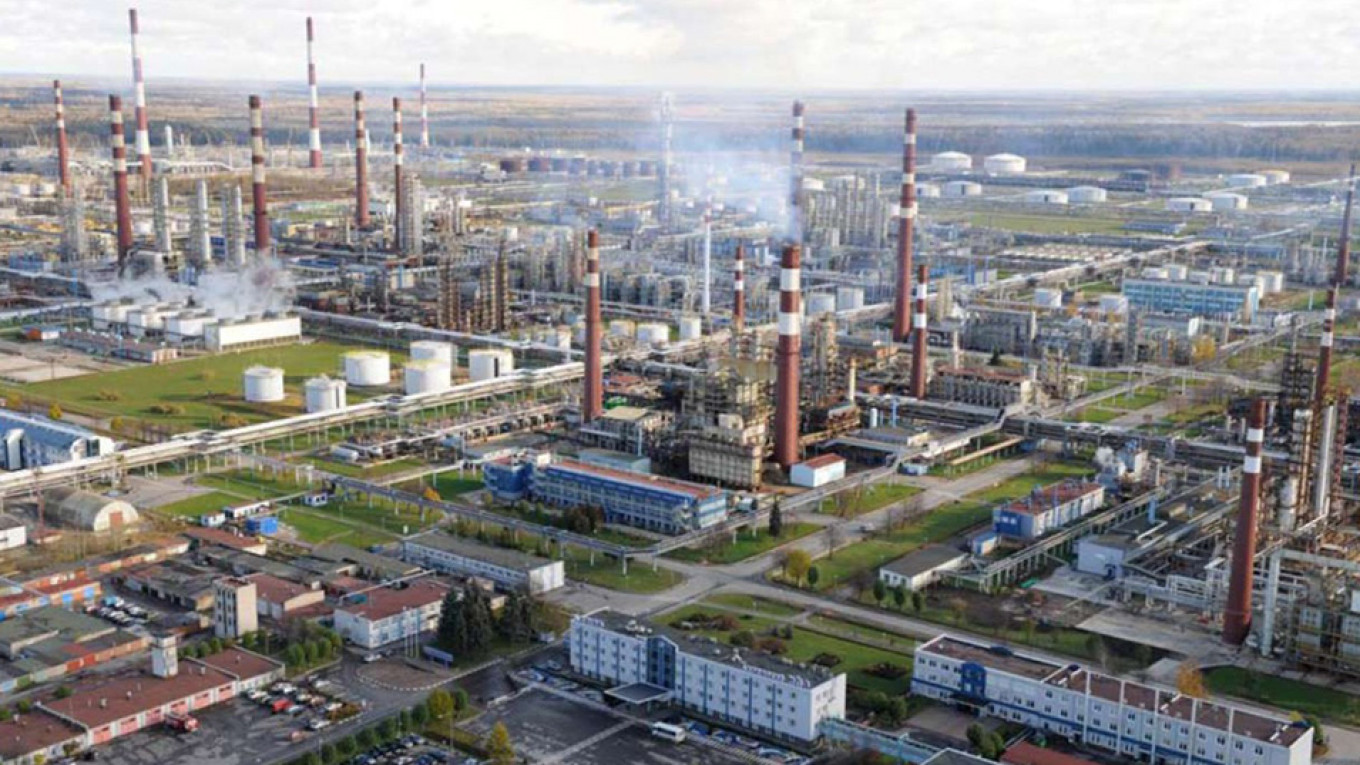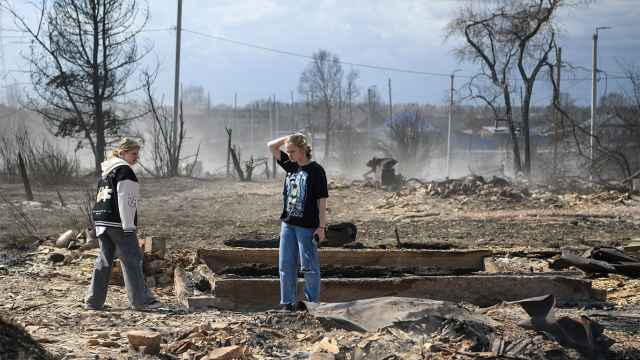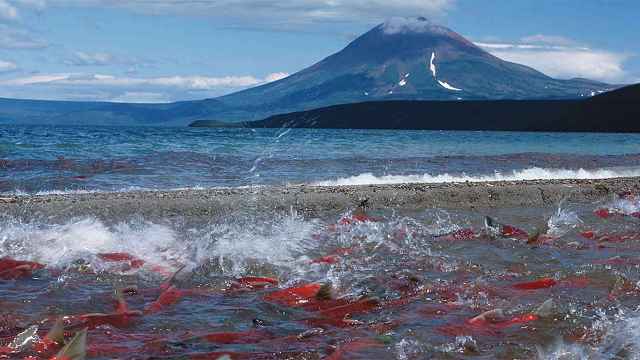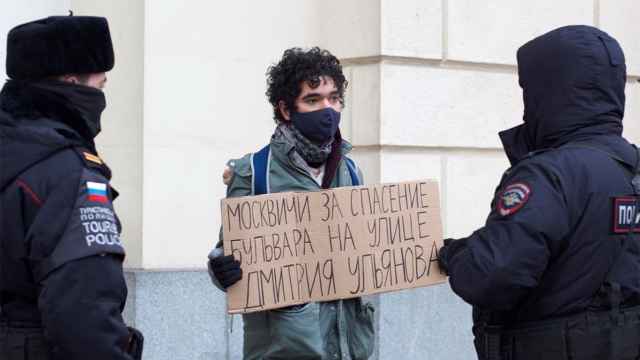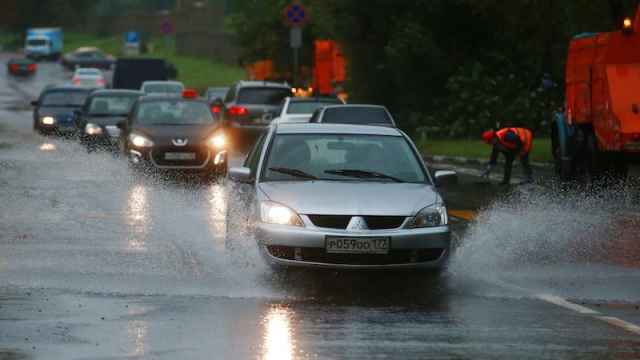Finding a letter from the Church of England in his e-mail inbox was surprising enough for Vladimir Zaluzhsky, who’s in charge of investor relations at Russia’s second most valuable steelmaker. Even stranger was the demand to know what risks Severstal PJSC's operations pose to the environment.
The church’s pension board wanted details on how Severstal disposes of waste at its plants in Russia, one of the few countries that hasn’t ratified the Paris climate deal and where commodity production prevails over protecting the environment.
Writing on behalf of 96 mostly European investors managing $10.3 trillion, the church described concerns over the January collapse of a Vale SA mining dam in Brazil that killed about 300 people and released a torrent of waste into nearby communities. Money managers wanted proof that other miners they invest in aren’t at risk of a similar catastrophe.
Noticing that some of Severstal's biggest foreign shareholders were on the list, Zaluzhsky immediately escalated the request to Chief Executive Officer Alexander Shevelev. Within two weeks, his team put together a nine-page PowerPoint presentation, complete with photographs, to reassure the investors the company’s three tailing dams and a sludge pond weren’t vulnerable.
“We’ve realized we need to always be ready to respond to requests like this from investors because they are coming more and more frequently,” said Zaluzhsky, who’s headed the department since 2010. “This year there have been substantially more than we’ve ever had before.”
So far, Severstal hasn’t had to do anything drastic to keep institutional investors satisfied that it’s not violating their so-called ESG (environmental, social and governance) goals. But the scenario highlights how increasing pressure from regular Europeans to ensure that their retirement savings are invested responsibly is being felt in corners of the world where sustainability hasn’t been a priority.
Environmental awareness is so low in Russia that “ecology and environment” ranked 15th among concerns of Russian voters in a May poll, behind issues including inflation, drug and alcohol abuse, unemployment, road conditions and corruption.
And it’s no wonder when President Vladimir Putin mocks green initiatives like he did this month while speaking in Russia’s most-polluted region. As a head of state of a fossil-fuel producer, he faces a conundrum: Russia makes almost all its money from oil and gas, so he can’t talk up renewable energy without undermining his own economic model.
The nation’s state-controlled media rarely mention global warming, even when reporting on wildfires and a recent devastating flood in Serbia that have been exacerbated by the changing climate. When a starving polar bear walked 300 miles to a northern Russian city recently in search of food, the nation’s main TV channel only said it “wasn’t clear” what had caused the animal’s unusual behavior.
Investors abroad increasingly look poised to fill in this void. Sweden's $58 billion AP7, one of the funds in the national pension system, blacklists Russian oil and gas majors Gazprom PJSC, Lukoil PJSC and Rosneft PJSC for violating its environmental norms and opposing climate regulation.
And pressure is building from ordinary citizens in wealthy European nations to expand such blacklists. European Union elections in May saw an unexpected surge in support for green parties, and climate change is now the biggest voter concern in seven of the bloc’s countries, according to a recent Eurobarometer survey.
“It's great that people recycle and don't eat meat and all these things, but the biggest effect we all have is to look at how our pension money is being invested,” said Peter Elam Hakansson, the founder and chairman of East Capital, a Stockholm-based fund that divested its stake in Russian coal company Mechel PJSC last year. “When people really start to realize that, it will be a game changer.”
How much change actually unfolds will come down to whether investors pull their money out of Russia even though they’re desperate for yield. Russian stocks have offered triple the returns of other emerging markets this year and its dollar bonds have handed investors 10%, almost double U.S. high-grade debt.
Only a third of fund managers who say ESG plays a strong role are actually not investing in companies with weak ratings, according to a poll conducted by Russian bank BCS of investors from 10 countries with $400 billion under management. Another issue is that it’s easy for companies to massage data because there’s a lack of agreement between ratings agencies on how to objectively gauge social responsibility.
“In simple words, if a portfolio manager knows that a company is killing kittens as part of its regular business but still generates positive returns to its investors, then it is still a viable investment,” BCS analysts including Kirill Chuyko said in a research note published July 3.
He may be right. Even the Church of England investor group, which also included Bluebay Asset Management and the British Airways pension scheme, is having a hard time getting responses. It sent its request for information to 20 Russian mining companies and gave them 45 days to put disclosures on their website. More than 80 days later, only seven have reacted, according to Mark Arena, a spokesman for the pension fund. The group is following up with the remaining firms.
“It is clear that on an issue of safety such as this that investors will have limited tolerance for those not complying if they expect to retain shareholder confidence,” Arena said.
There is some headway in increasing consciousness around sustainability. Russian Railways sold the country’s first international green bond in May and the Moscow stock exchange recently started two equity indexes tied to ESG standards. Bank of Russia Governor Elvira Nabiullina suggested this month companies with good ESG scores might be rewarded with cheaper borrowing costs.
In response to pressure from multiple investors, Severstal started reporting its carbon-dioxide emissions, according to Zaluzhsky, who now has one staff member dedicated to ESG requests. The steelmaker aims to cut annual emissions by about a million tons to 24 million in the next few years.
“Considering the growing number of ESG requests and the complexity of those, we might have to expand our sustainability team,” he said. “It’s already becoming a daily job.”
A Message from The Moscow Times:
Dear readers,
We are facing unprecedented challenges. Russia's Prosecutor General's Office has designated The Moscow Times as an "undesirable" organization, criminalizing our work and putting our staff at risk of prosecution. This follows our earlier unjust labeling as a "foreign agent."
These actions are direct attempts to silence independent journalism in Russia. The authorities claim our work "discredits the decisions of the Russian leadership." We see things differently: we strive to provide accurate, unbiased reporting on Russia.
We, the journalists of The Moscow Times, refuse to be silenced. But to continue our work, we need your help.
Your support, no matter how small, makes a world of difference. If you can, please support us monthly starting from just $2. It's quick to set up, and every contribution makes a significant impact.
By supporting The Moscow Times, you're defending open, independent journalism in the face of repression. Thank you for standing with us.
Remind me later.


